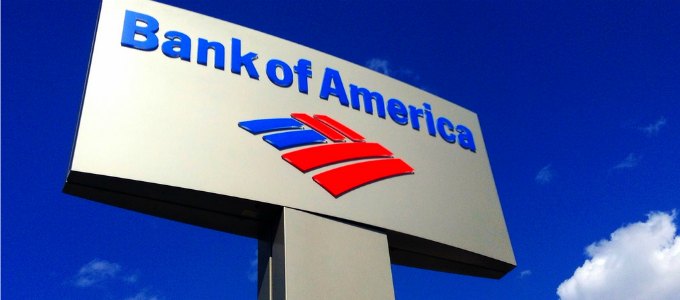Benito Almanza’s first job was in the fields, where he joined his parents as migrant farmers chopping cotton and picking grapes.
“When I was a young man working in the fields, I was taught ‘Don’t look up,’ ” he said. “We were out in the field on a summer day, and whatever we were doing, we were always taught never look up when the boss was around.”
Today, Almanza is president of the Bank of America’s Arizona branch and business banking executive for the desert states — and he’s still learning to stand up and take pride in his work, which spans 38 years of service for the organization.
All state presidents at the Bank of America take part in community outreach, and Almanza has spearheaded efforts to solve issues around jobs, housing and hunger in Arizona. He spoke with Diversity Executive about his experience growing up in the organization and how it shaped his perspectives of diversity. Edited excerpts follow.
How did you get your job with the bank?
When I was graduating from school, I didn’t know what to do. I was 22 years old, I had never worked in a real job other than working in the fields, so I went to one of my college professors. I explained my dilemma — I’m 22 years old and have no idea what to do. He gave me some great advice, asked “What do you know?” I knew agriculture, had worked out in the fields, know how that works. He said I had that experience, I recommend you look at agriculture and focus on that.
I did my research, found out that Bank of America was the largest agricultural lender in the world, and started off as an agricultural lender. The interesting part was it was doing something I went to school not to have to do. I did not like getting up at 4:30 or 5 in the morning, and lo and behold now today I get up at 4:30 or 5 in the morning to get ready for work.
What work do you do in diversity?
Here in Arizona there is a large Hispanic population, and it’s about making sure our employment matched. People like to do business with people who look like them, act like them, think like them and there were some opportunities for us to see how we were developing our people and hiring our people.
We have these networks that we’ve really publicized and encourage our teammates to get active in. Our teammates can go in and participate in organizations they feel comfortable with. We have our HOLA [Hispanic/Latino Organization for Leadership and Advancement] group, and we also have a military group and LGBT group.
What is your proudest diversity-related achievement?
Our LGBT group was marching in the Pride Parade this past April. One of the things that quite touched me was all of the affinity groups that we had marched in solidarity with our teammates. We had 150 teammates in this march, the largest number of participants, and we were marching down the street with all our banners. It really brought together the best thing about the bank — the people. To me, diversity of thought, of our teammates, is really powerful.
You could talk about the deals that I did, something that I changed in policy, but my whole thing at this point in my career has been about developing our people. … You need to make sure you have a plan. Don’t take jobs for dollars, and don’t take jobs for promotions. Take a job because its skill development is part of your game plan.
How has your approach to diversity developed?
When I first came into the bank 38 years ago, I was very proud to be coming to work for the Bank of America. I had the opportunity to talk with an old high school friend who I’d grown up with. I was sharing that I was coming to work for the bank, and he says “Well, Benito, the only reason you’re where you’re at is because you’re a minority.”

That really hurt me. So at the early part of my career I made a conscientious decision that I would really focus on just being successful. I didn’t want to have any kind of association or any help with anything. I had some mentors who helped me, but I really focused on being successful in my role.
As I finally grew up and matured, I understood there was a big aspect around it (developing a diverse workforce). I had some mentors who helped me, and that was really critical, but there’s also an aspect of the bank continuing to ask me to do stuff that I didn’t want to do because I was comfortable. It got me where I am today. … I finally understood that you’re as strong as your community.















